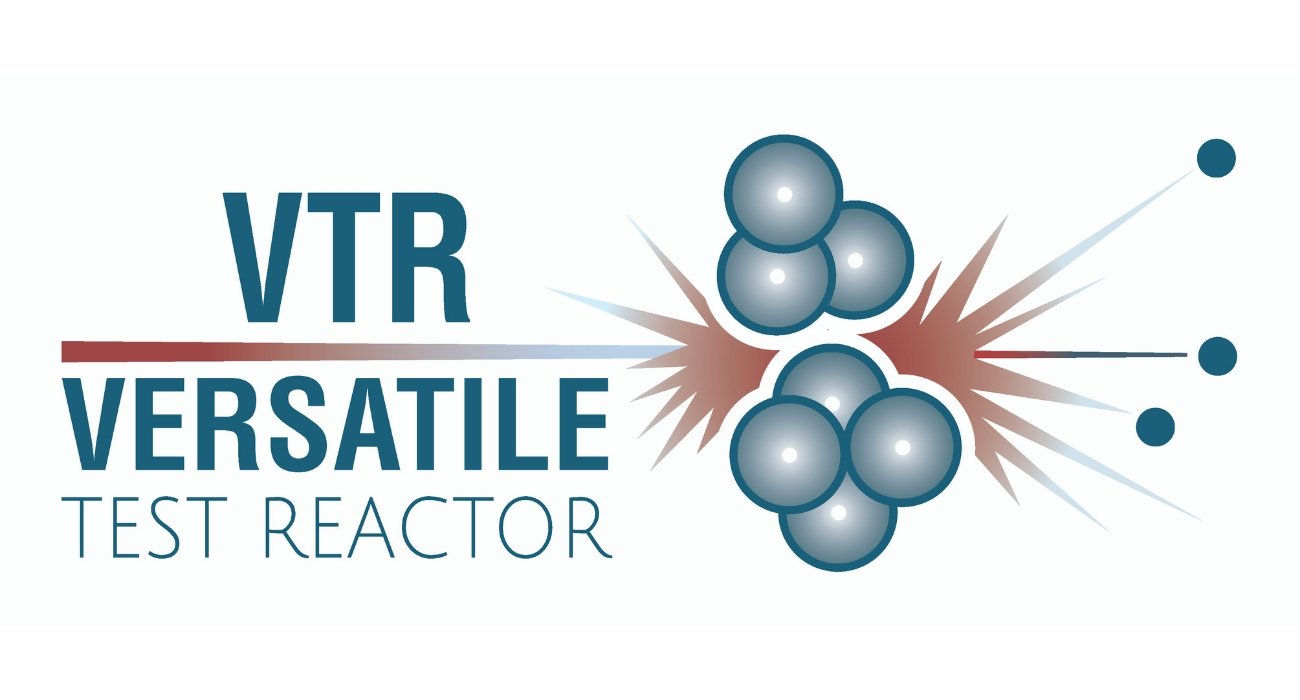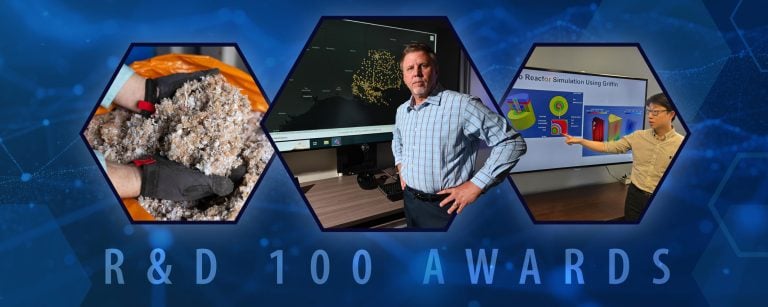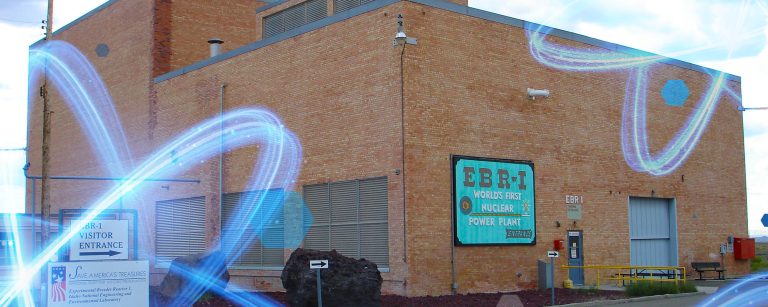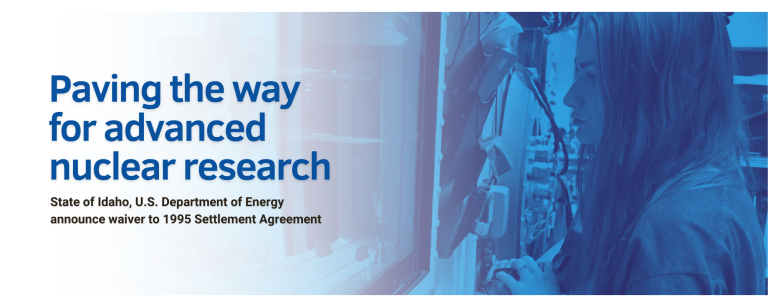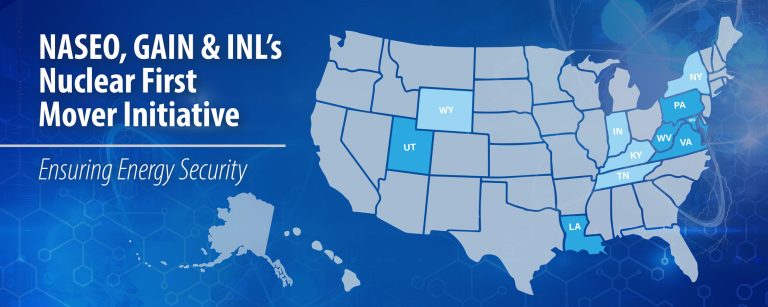Idaho National Laboratory awards funding to university-led projects
IDAHO FALLS, Idaho – Idaho National Laboratory announced today nearly $3.9 million in funding for 13 university-led projects to develop instrumentation and tools needed to monitor and conduct experiments in a proposed fast spectrum test reactor.
The projects were awarded through the U.S. Department of Energy Office of Nuclear Energy’s Versatile Test Reactor program and are part of an effort to develop a conceptual design and cost estimate for a new, one-of-a-kind test reactor that would support advanced reactor research and development.
“Developing these instruments, tools and other experimental mechanisms are a necessary part of understanding what sorts of test capabilities are needed to advance the next generation of nuclear technology,” said Dr. Kemal Pasamehmetoglu, executive director of the Versatile Test Reactor program.
DOE’s Nuclear Energy Advisory Committee (NEAC) examined this issue and recommended in a 2017 report “that DOE-NE proceed immediately with pre-conceptual design planning activities to support a new test reactor (including cost and schedule estimates).” The recommendation was based, partially, on responses from U.S. companies developing advanced reactors, many of which require different testing facilities than the commercial nuclear power technology in use today. Currently, there are only a few capabilities available for testing fast neutron reactor technology in the world and none in the United States.
In response to the NEAC recommendation, the DOE Office of Nuclear Energy established the Versatile Test Reactor program. DOE-NE is working with national laboratories, universities, and industry partners to develop cost estimates, a conceptual design, and potential schedule.
DOE is expected to decide whether to proceed with a fast spectrum irradiation test reactor in 2020. If approved, the intent is for the test reactor to be designed and built by domestic research entities and industry partners, continuing to establish U.S. leadership in nuclear energy innovation.
The university-led projects selected for funding are:
| University of Pittsburgh | Disruptive Nuclear Technology: Resonance Sensors and Inductive Signal Transmission through Hermetic Walls | $450,000 |
| University of Wisconsin – Madison | Miniature Scale Liquid Metal Oxygen Purification and Measurement System | $350,000 |
| University of Utah | Development of Experiment Vehicle for Analyzing the Chemistry of Irradiated Molten Salt | $450,400 |
| Texas A&M University | Development of Innovative Measurement Techniques for Fission Product Transport Quantification | $250,000 |
| Oregon State University | In Situ Mechanical and Corrosion Testing | $440,000 |
| University of New Mexico | Preparatory Out-of-pile Lead Loop Experiments to Support Design of Irradiation Test Loop in VTR | $450,000 |
| North Carolina State University | VIM for VTR: Holistic Approach to Design and Construction | $319,000 |
| Texas A&M University | Rabbit System Design and Demonstration | $400,000 |
| Abilene Christian University | Investigation of Instrumentation, Data Analytics, and Simulation Synergies for the Versatile Test Reactor | $150,000 |
| Massachusetts Institute of Technology | Advanced Data Acquisition and Simulation with Live Data Supporting VTR Experiments | $150,000 |
| University of Idaho | Advanced Molten Salt Flow Sensor | $100,000 |
| Colorado School of Mines | Big, Deep, and Smart Data to Support VTR Experiment Design and Validation | $169,000 |
| Georgia Tech | IBD Power Monitor for the VTR Experimental Program | $196,000 |

